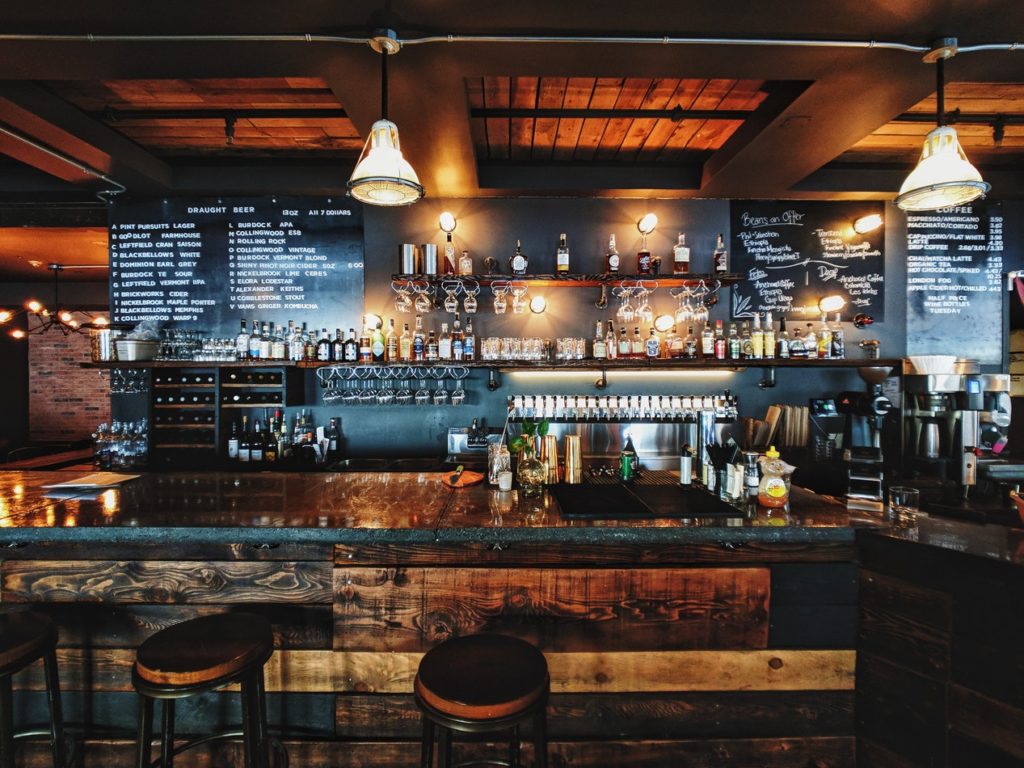
Reviews reveal what your customers see; often, the little details you’ve missed
Word of mouth marketing has gone digital.These days, online customer reviews work the same way as in-person word of mouth, with 84% of people trusting reviews as much as a personal recommendation.
With that kind of percentage, F&B businesses would do well to understand the anatomy of a review: what customers find important, what kind of feedback is typically included, and how to harness a review’s power. The late food journalist Anthony Bourdain distilled the importance of a customer’s satisfaction: “Anyone who’s a chef, who loves food, ultimately knows that all that matters is: Is it good? Does it give pleasure?”
Nearly any F&B review will include some mention of the food. But businesses offering cheap eats and fine dining alike need to go beyond the satisfaction with menu items to really engage with customers. Let’s jump into the three areas many reviews focus on: the service and the environment.
The Way You Make Me Feel: Reviews focus on Customer Service
Unless you’re opening a local fast food franchise or quick service restaurant, the odds are you are looking to balance respecting your customers’ space and time and addressing their needs. You want to give them the perfect amount of space and time to enjoy their experience.
Customers having a good time – better to check in, or leave them alone?
What matters is how customers perceive service. Reviews often address this balance in a write up. Were the waiters trying to upsell or did they listen and make good recommendations? Did the waiters wait too long before checking in, or were they attentive while also giving you space? Were they pushy or polite? It can be tricky to know how to find the sweet spot, but reading reviews is a good place to start.
Where your business lands on this ‘space/time continuum’ depends on who is frequenting your locale – which is why it is important to know your audience (see our suggestions below).
A Night to Remember: Reviews focus on memorable interiors or experiences
F&B customers are not just looking for a convenient way to satisfy their hunger – they are looking for an experience. Whether you run a neighborhood deli or a speakeasy bar, you can scratch this itch, and get them talking about you to their friends.
The craving for an experience is exactly why popular review sites like Yelp and TripAdvisor go beyond cuisine in sorting results. They include juxtaposed parameters like Cozy/Good for Groups, Cheap Eats/Fine Dining, and Happy Hour/Late Night offerings. You’ll want to make sure you stand out in one of these areas.

The right restaurant decor idea can create amazing experiences
For example, look at one review of the famous Carmine’s Italian restaurant in NYC: “The family style dining offers a satisfying experience for families or large groups. Hands down, best manicotti ever!!! If you’re in the Broadway area, be sure to book your reservations a few months in advance as space fills up quickly.”
A Little More Conversation: Getting and Responding to Honest Feedback

A five-star review is the goal for any business, including those within the F&B industry. But you shouldn’t be discouraged by a 4 star review or even 3 star review either. The honest feedback gives you constructive feedback to work with as you move toward improving your F&B business.
(Editor: It’s important to respond to every review, positive and negative. Forbes explains that negative reviews could be good for business)
Think of Whole Foods, for example, who pulled pre-peeled oranges from their shelves after receiving a swath of negative feedback a couple of years ago
If only nature would find a way to cover these oranges so we didn't need to waste so much plastic on them. pic.twitter.com/00YECaHB4D
— Nathalie Gordon (@awlilnatty) March 3, 2016
The Anatomy of a Review: What F&B Customers Focus On

It’s important to focus on what your customers focus on. If positive reviews are highlighting your customer service or a particular dish, you can double down in those areas. On the other hand, if a particularly negative review includes specific pointers about your ambience or messy menu, consider these areas for improvement.
In either case, the key is to consistently respond to both positive and negative reviews. Responding to positive reviews will show engagement; responding to negative reviews will show that you care to improve. Both are foundational to building customer loyalty when running a restaurant, catering business or pop up coffee shop.



